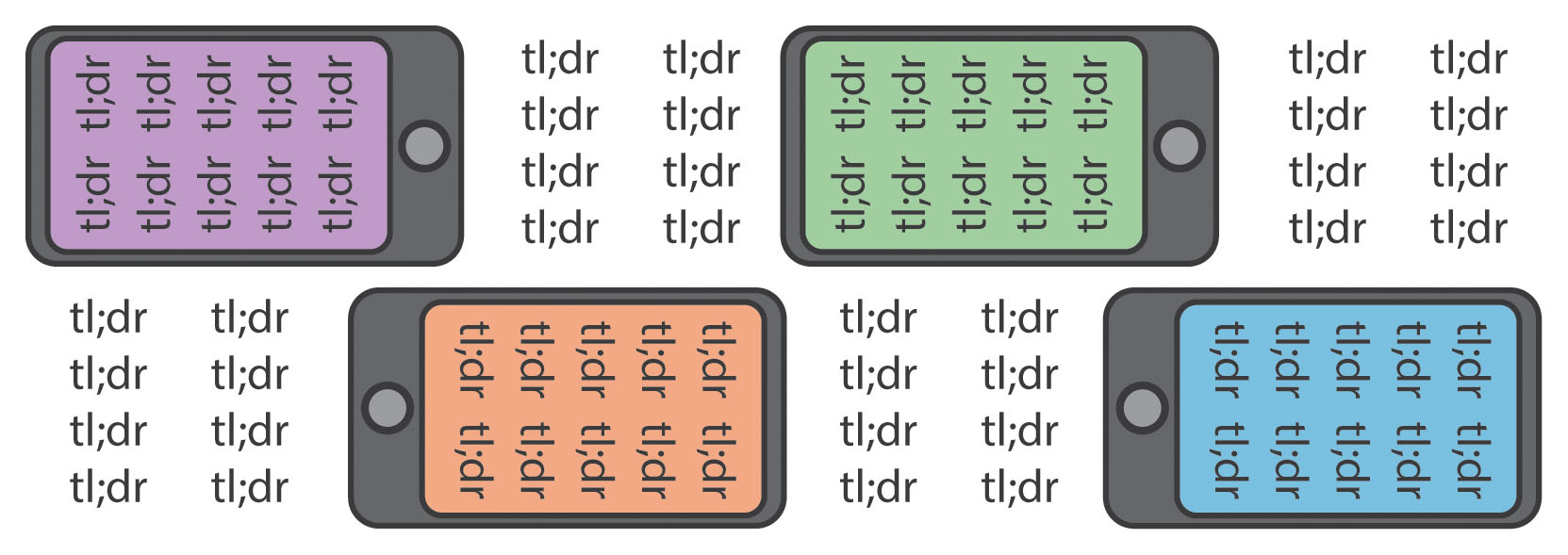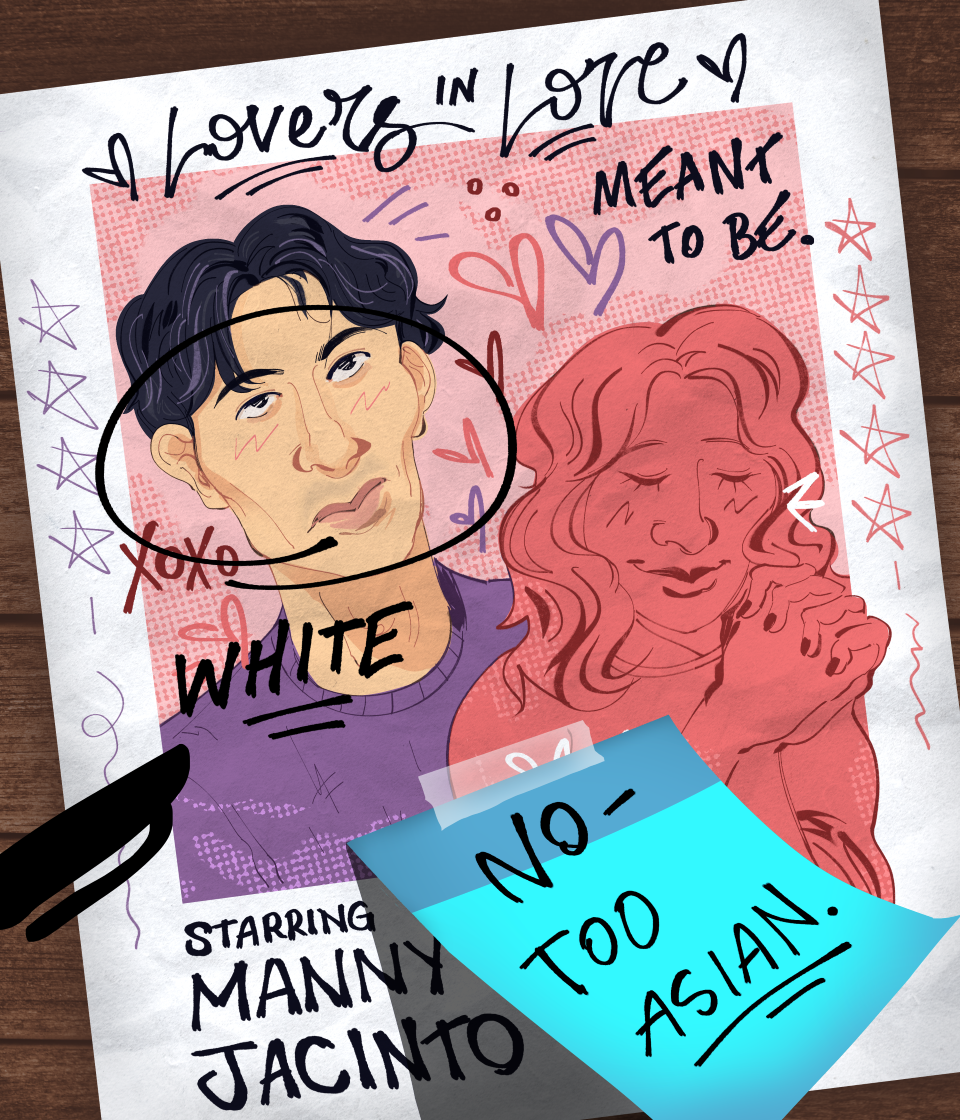Online Twitter debates cut down to 280 characters a bite. Snapchat messages that disappear in seconds. Clickbait. Eye-catching, snappy and compact. Condensed news has astonishing prevalence in modern society, and its consequent implications are startling. It polarizes beliefs and thoughts, skews viewpoints and treats sensitive, complex topics as something cursory — as things that can be treated lightly. Compressing news down to the bare minimum is dangerous for individuals and society as a whole.
Recently, I noticed an advertisement for an app called “theSkimm.” “theSkimm” is committed to presenting important news in an efficient manner: condensed news for the busy bees with no time to spare. It sounds great in theory. Yet as I scrolled through their website, I noticed one review from a user that I found rather odd. As tweeted by the anonymous reader, “theSkimm is my secret weapon. One quick read and BAM, flash…I’m the smartest and most informed person in the room.”
Here’s the problem with that statement. Undeniably, having news that lets you glance, read and move on with your hectic day sounds nice at face value. But does a brief article — sometimes as quick as one-to-two sentence summaries — really make you the most informed person in the room?
This isn’t to denounce the app’s credibility as a news resource. It’s impossible, however, to claim that all pertinent details — enough to make you the “most informed person in the room” — are included in its articles. And the fact that people advertising “theSkimm” endorse the I-read-this, thus-I-know-all mindset is unsettling. In order to present news in such a slimmed-down fashion, “theSkimm” has to shed some informational weight. That weight will likely come from any facts contrary to the beliefs of their audience — because who wants to waste their limited time reading news they don’t like?

In the bleak dystopian future of Ray Bradbury’s 1953 book “Fahrenheit 451,” one of the antagonists describes how their society has come to abhor the deep contemplation of ideas: “Books cut shorter. Condensations. Digests, tabloids. Everything boils down to the gag, the snap ending…Digest-digests, digest-digest-digests. Politics? One column, two sentences, a headline! Then, in mid-air, all vanishes!”
I’m not here to write a book report, nor am I here to claim that our society has totally attained the science-fiction status of “Fahrenheit 451.” But notice the disturbing parallel between the world of “Fahrenheit 451” and ours. “theSkimm” fits the description exactly. The way the “Fahrenheit 451” society became complacent was by having its news simplified. There was nothing to care about because there was only one, dieted perspective. Is our society headed in the same direction?
And “theSkimm,” of course, is only one example of this boiled-down information. Look at other news headlines, advertisements, social media platforms such as Twitter and Snapchat and even websites like SparkNotes. They are designed to catch the eye, provoke an instinctive emotional response or convey information quickly, stripped of substance. Rationality is exchanged for a brief, easy skim — the surface layer — of information. Efficiency becomes more important than understanding issues deeply. And, as the antagonist in “Fahrenheit 451” puts it, “Life is immediate…the mind drinks less and less.”
There are realistic, frightening implications for this phenomenon. By allowing ourselves to be fed the bare minimum of information, we fail to recognize the scope of issues and fail to treat them seriously because our connection with them is so brief. By failing to recognize the scope of issues, we become complacent and dogmatic in our beliefs. By becoming complacent and dogmatic in our beliefs, we stop questioning, stop being skeptical and stop truly evaluating and acting upon the problems around us. We step closer to that science fiction dystopia.
So, as you consume your news — your articles, your books, your music, your movies, your new ideas and knowledge — consider carefully how it’s being presented and how it affects your mindset. Are you allowing yourself to drink deeply and take time to truly consider the gravity of ideas and issues? Or are you forcing yourself to slim down your intake to save time?
Free thinking does not always mean rebelling against or fighting for some grandiose ideal. Free thinking means recognizing when the thinking is being done for you.






